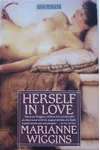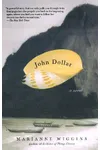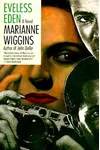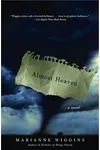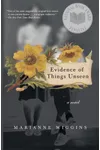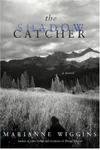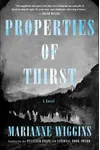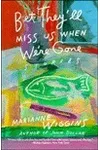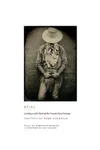Picture an American novelist whose stories weave science, love, and history into unforgettable tapestries—meet Marianne Wiggins! Born in 1947, this Pulitzer Prize finalist has captivated readers with her bold intelligence and lyrical prose. From surviving a fatwa’s shadow to reclaiming her voice after a stroke, Wiggins’s life is as compelling as her novels.
With works like Evidence of Things Unseen and Properties of Thirst, she’s earned a place among literary greats, blending historical depth with human resilience. Ready to dive into her world? Let’s explore the journey of this remarkable storyteller.
The Making of Marianne Wiggins
Marianne Wiggins was born on November 8, 1947, in Lancaster, Pennsylvania, to a preacher-farmer father and a mother of Greek descent. Raised amid Amish communities and clashing religious traditions—her father’s fundamentalist Christianity and her mother’s Greek Orthodoxy—Wiggins developed a keen eye for cultural tensions. These early influences shaped her fascination with faith, mythology, and human complexity. Married at 17 to Brian Porzak, she became a mother to daughter Lara before divorcing in 1970. Her early career saw her juggling roles as a secretary and stockbroker, but writing became her true calling with her debut novel, Babe, in 1975.
Marianne Wiggins’s Unforgettable Stories
Wiggins’s novels are a masterclass in blending vivid storytelling with profound themes. Her 1989 novel John Dollar, inspired by William Golding’s Lord of the Flies, reimagines a shipwreck tale with British schoolgirls in colonial Burma, exploring imperialism and survival. It gained critical acclaim but was overshadowed by the fatwa against her then-husband, Salman Rushdie. Evidence of Things Unseen (2003), a Pulitzer finalist, traces the atomic age through the lives of an amateur chemist and a glassblower’s daughter, weaving science and love into a luminous narrative.
The Shadow Catcher (2007) intertwines the life of photographer Edward Curtis with a modern-day Wiggins, showcasing her knack for dual narratives. Her latest, Properties of Thirst (2022), set against World War II and California’s water wars, is a testament to her resilience, completed with her daughter’s help post-stroke. Wiggins’s style—lush, incisive, and often darkly comic—digs into the human psyche, making her works both intimate and epic.
Why Marianne Wiggins Matters
Wiggins’s impact lies in her ability to illuminate the intersections of history, science, and emotion. Her novels challenge readers to confront uncomfortable truths about love, power, and survival, earning her awards like the Whiting Award and the Janet Heidinger Kafka Prize. Her perseverance—through the Rushdie fatwa, which forced her into hiding, and a 2016 stroke that nearly silenced her—mirrors the tenacity of her characters. Collaborating with her daughter Lara to finish Properties of Thirst, Wiggins proved that creativity can triumph over adversity, inspiring writers and readers alike.
- Birth Date: November 8, 1947
- Key Works: John Dollar, Evidence of Things Unseen, The Shadow Catcher, Properties of Thirst
- Awards: Whiting Award, National Endowment for the Arts fellowship, Pulitzer Prize finalist (2004)
Snag Evidence of Things Unseen and dive into Marianne Wiggins’s spellbinding world of history and heart!


